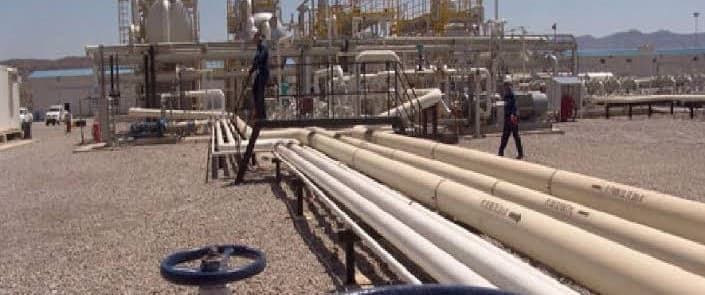U.S. and UK Strengthen Strategic Position in Syria and Libya

The United States and the United Kingdom are intensifying their efforts to secure strategic advantages in Syria and Libya, regions where Russia has been active but is currently distracted by its ongoing conflict in Ukraine. Following the removal of longstanding leaders in both countries—Muammar Gaddafi in Libya in 2011 and Bashar al-Assad in Syria in 2024—Washington and London have recognized the importance of implementing effective economic strategies to stabilize these nations. This approach aims to mitigate the risks of mass migration into Europe and to prevent rival powers like Russia and China from expanding their influence in the Middle East and North Africa.
As part of these efforts, the U.S. has recently lifted sanctions on several key Syrian entities, including the Ministry of Oil and Mineral Resources and the General Authority for Maritime Transport. These changes, implemented in early July, were designed to revitalize Syria’s oil and gas sector, which has significant potential for economic recovery. Prior to the civil war that began in March 2011, Syria produced around 400,000 barrels per day (bpd) from its 2.5 billion barrels of proven reserves. European nations, particularly Germany, Italy, and France, were major importers of Syrian oil, which contributed approximately US$3 billion annually to the economy.
The lifting of sanctions aims to restore Syria’s economic stability, allowing the country to become “stable, unified and at peace with itself and its neighbors,” according to the U.S. sanctions removal order. American companies, including Baker Hughes and Hunt Energy, are poised to take a leading role in revitalizing Syria’s oil and gas infrastructure, particularly in regions controlled by the newly established Syrian government.
International oil companies, such as Shell and Petrofac, were previously active in Syria’s energy sector and are likely to return. The competition for influence in Syria’s oil market escalated after Russia established a strong presence in 2015, providing military support to al-Assad and expanding its operations in the oil and gas sector.
In Libya, British firms have recently taken the lead in reviving the country’s oil industry, which remains one of the largest in Africa with 48 billion barrels of proven reserves. Libya’s oil production reached 1.65 million bpd before the 2011 uprising, and there is significant potential for recovery. The National Oil Corporation (NOC) has been working closely with international partners to boost output and attract investment.
Earlier this month, BPs and Shell signed agreements with the NOC to enhance production capabilities. BP’s executive vice president, William Lin, emphasized the company’s commitment to deepening its partnership with the NOC for Libya’s energy future. Additionally, the U.S. has signed cooperation agreements aimed at increasing gas output, particularly through new projects like those involving the development of offshore gas fields expected to start producing by 2026.
The recent initiatives in both Syria and Libya underscore a determined effort by the U.S. and the U.K. to reclaim their influence in these regions. The geopolitical landscape remains complex, with Russia attempting to solidify its foothold amid ongoing political fragmentation in Libya. However, the strategic moves by Western powers signal a renewed commitment to establishing stable and cooperative energy markets in the Middle East and North Africa.
As these developments unfold, the ability of the U.S. and the U.K. to maintain their influence will largely depend on their success in fostering economic recovery and political stability in these crucial regions.






